The NCSC just urged enterprises to ditch Windows 10 – here’s what you need to know
The UK cyber agency says those that haven’t migrated to Windows 11 should do so immediately

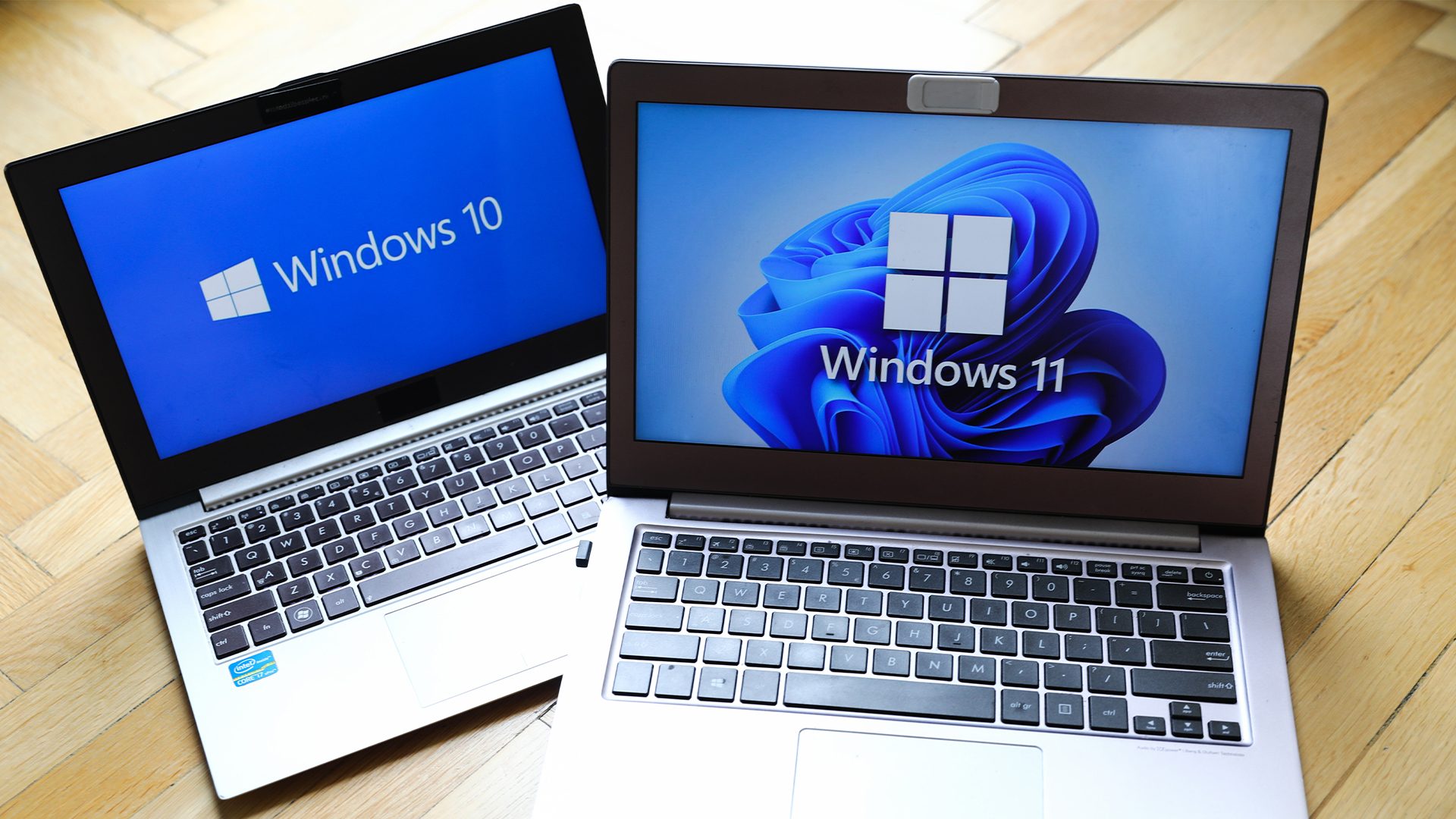
Sign up today and you will receive a free copy of our Future Focus 2025 report - the leading guidance on AI, cybersecurity and other IT challenges as per 700+ senior executives
You are now subscribed
Your newsletter sign-up was successful
The UK's National Cyber Security Center (NCSC) has urged organizations to upgrade to Windows 11 before the end of support deadline for Windows 10 hits in October.
In a blog post, the cybersecurity body pointed out there are significant security risks for those who do not choose to upgrade.
Beyond the difficulties linked to being out of a dedicated support period, out-of-date operating systems are prime targets for cyber criminals – and the NCSC said the risks simply aren’t worth it.
30% off Keeper Security's Business Starter and Business plans
Keeper Security is trusted and valued by thousands of businesses and millions of employees. Why not join them and protect your most important assets while taking advantage of this special offer?
Take the IE 6-11 vulnerability from the end of support for Windows XP as an example.
Organizations have until October 2025 to update their devices and hardware before Windows 10 reaches end-of-life status. Despite Windows 11 being almost four years old, many have still not made the switch.
“While Windows 10 was released more than a decade ago, it is still used widely by enterprises and not upgrading is akin to incurring a debt at a high interest rate – with the threat of forced repayment at a future date,” NCSC chief technical officer, Ollie Whitehouse, warned.
“The NCSC implores any organisation that has not already migrated to a more modern system to do so to help address security vulnerabilities in your devices and ensure overall cyber resilience. This is essential as demonstrated by the requirement to maintain supported software in Cyber Essentials.”
Sign up today and you will receive a free copy of our Future Focus 2025 report - the leading guidance on AI, cybersecurity and other IT challenges as per 700+ senior executives
What’s holding up the shift to Windows 11?
One reason for companies holding on to Windows 11 could be the necessary hardware requirements.
Requirements such as TPM 2.0, UEFI, and support for Secure Boot may mean upgrading to more modern laptops, which might be a cost headache in the short term.
However, the cost of a cyber incident might be far worse in the long run.
As part of its guidance, the NCSC also released updated configuration packs for Microsoft Windows, with selected group settings to make it easier to deploy.
The requirements have led to suggestions that it could lead to a global torrent of e-waste, with millions of devices scrapped.
Research from Canalys suggested that up to 240 million PCs around the world could be terminated as a result of the shift to Windows 11.
Make sure to follow ITPro on Google News to keep tabs on all our latest news, analysis, and reviews.
MORE FROM ITPRO
- NCSC expert urges businesses to follow geopolitics as defensive strategy
- The NCSC wants developers to get serious on software security
- What you need to know about the new NCSC ransomware guidance
Bobby Hellard is ITPro's Reviews Editor and has worked on CloudPro and ChannelPro since 2018. In his time at ITPro, Bobby has covered stories for all the major technology companies, such as Apple, Microsoft, Amazon and Facebook, and regularly attends industry-leading events such as AWS Re:Invent and Google Cloud Next.
Bobby mainly covers hardware reviews, but you will also recognize him as the face of many of our video reviews of laptops and smartphones.
-
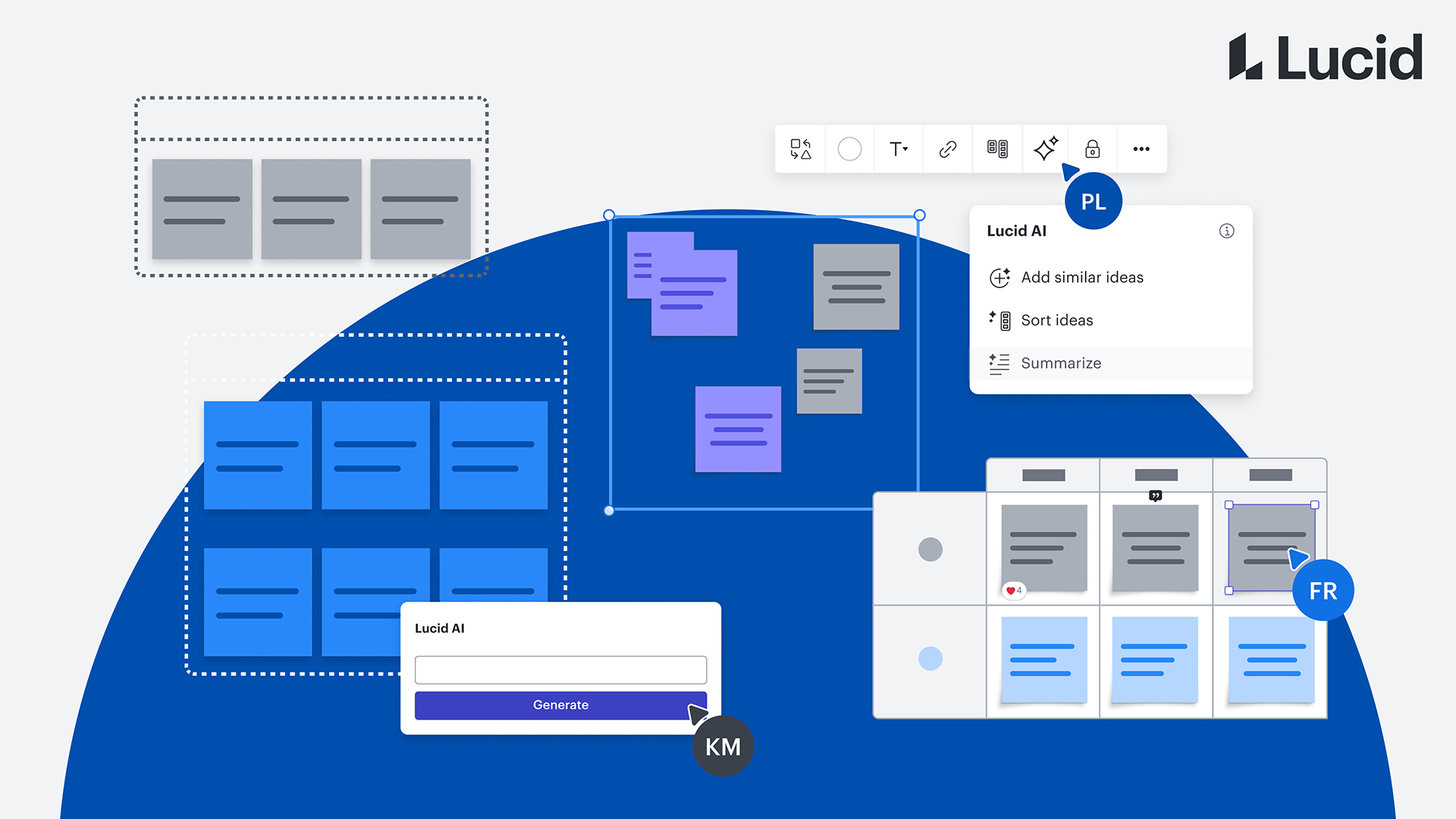 Building AI readiness through clear workflows
Building AI readiness through clear workflowsWithout clear systems and shared context, even the smartest AI can’t unlock value. People remain central to making automation effective
-
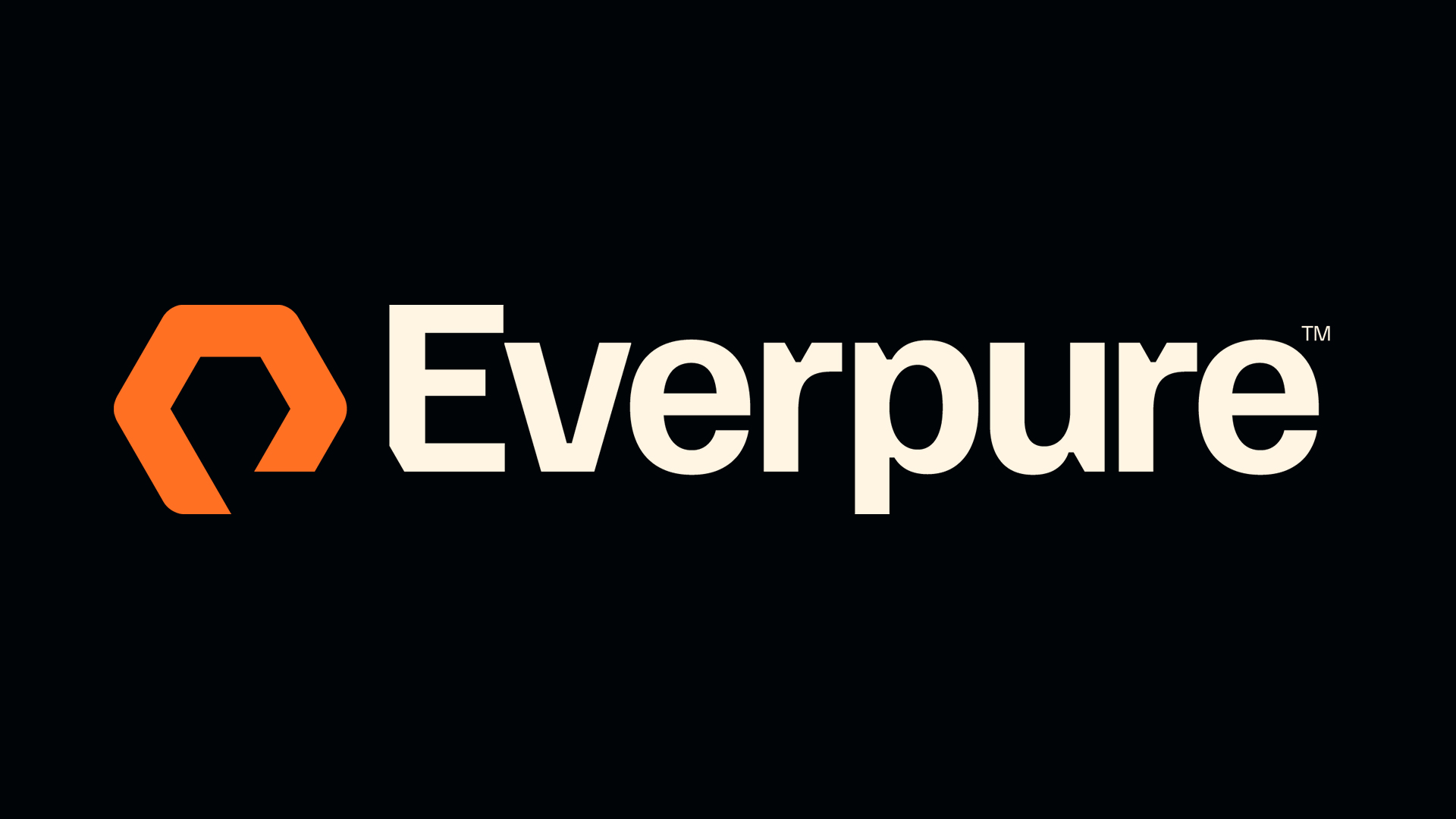 Pure Storage snaps up 1touch in data management pivot
Pure Storage snaps up 1touch in data management pivotNews The all-flash storage company is turning its focus to data management with a new acquisition and new name
-
 AI-generated code is fast becoming the biggest enterprise security risk as teams struggle with the ‘illusion of correctness’
AI-generated code is fast becoming the biggest enterprise security risk as teams struggle with the ‘illusion of correctness’News Security teams are scrambling to catch AI-generated flaws that appear correct before disaster strikes
-
 The open source ecosystem is booming thanks to AI, but hackers are taking advantage
The open source ecosystem is booming thanks to AI, but hackers are taking advantageNews Analysis by Sonatype found that AI is giving attackers new opportunities to target victims
-
 UK government launches industry 'ambassadors' scheme to champion software security improvements
UK government launches industry 'ambassadors' scheme to champion software security improvementsNews The Software Security Ambassadors scheme aims to boost software supply chains by helping organizations implement the Software Security Code of Practice.
-
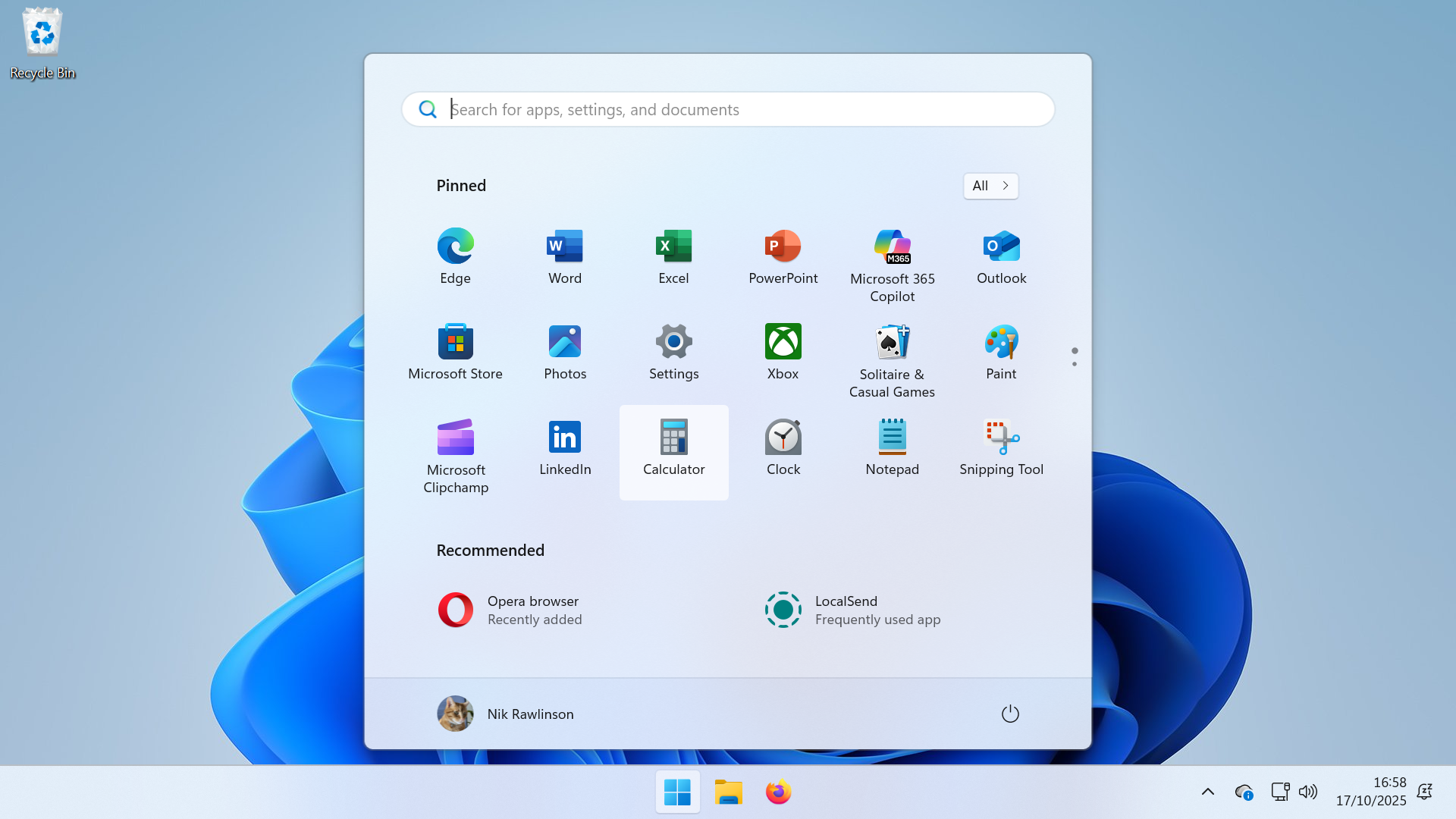 Windows 10 end of life has passed – here's your business guide to Windows 11
Windows 10 end of life has passed – here's your business guide to Windows 11In-depth As Windows 10's mainstream support ends, it's time for businesses who have yet to upgrade to take a second look at Windows 11
-
 AI-generated code is now the cause of one-in-five breaches – but developers and security leaders alike are convinced the technology will come good eventually
AI-generated code is now the cause of one-in-five breaches – but developers and security leaders alike are convinced the technology will come good eventuallyNews AI coding tools now write 24% of production code globally, but it's risky and causing issues for developers and security practitioners alike.
-
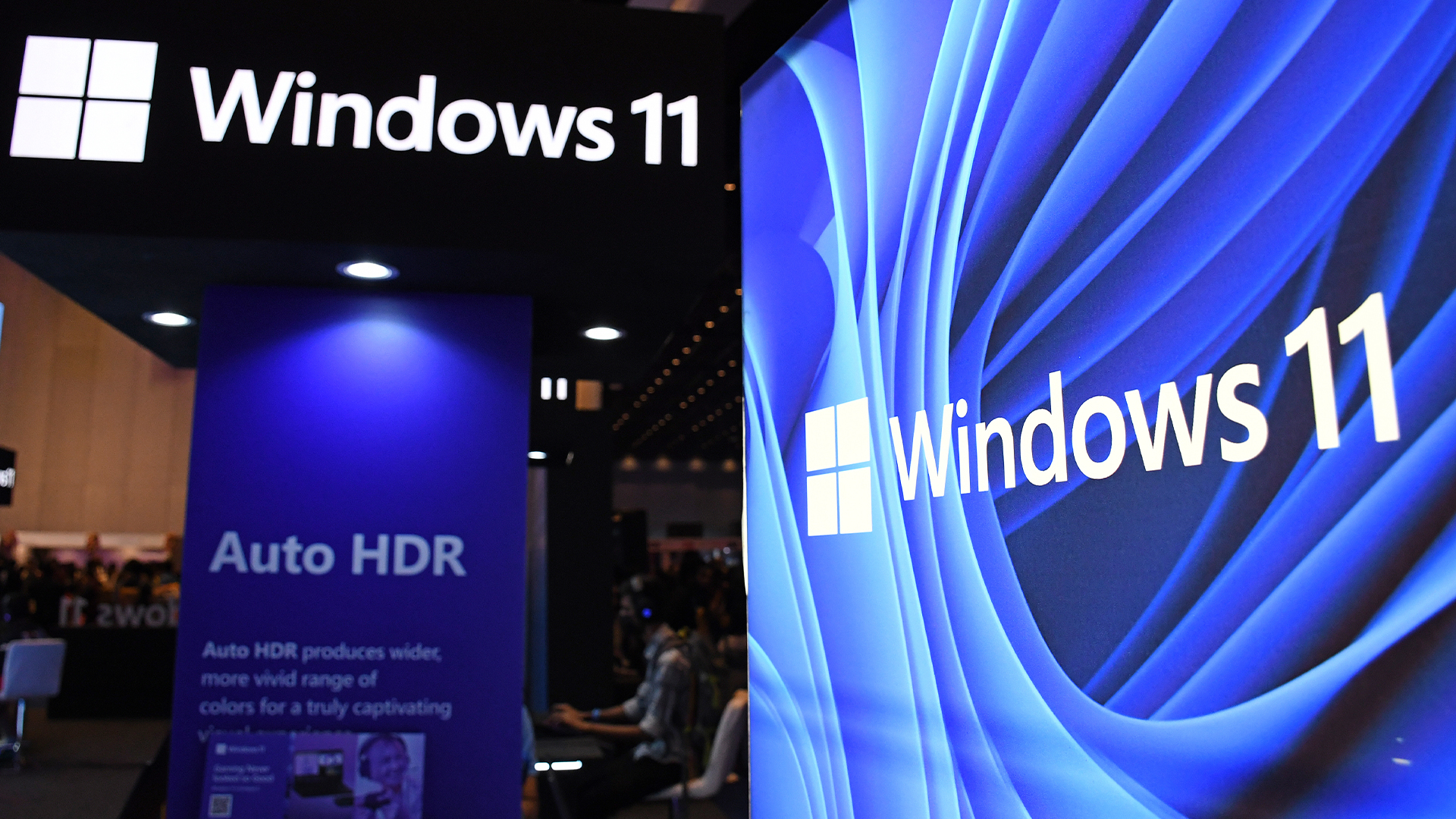 Microsoft issues fix for Windows 11 update that bricked mouse and keyboard controls in recovery environment – here's what you need to know
Microsoft issues fix for Windows 11 update that bricked mouse and keyboard controls in recovery environment – here's what you need to knowNews Yet another Windows 11 update has caused chaos for users
-
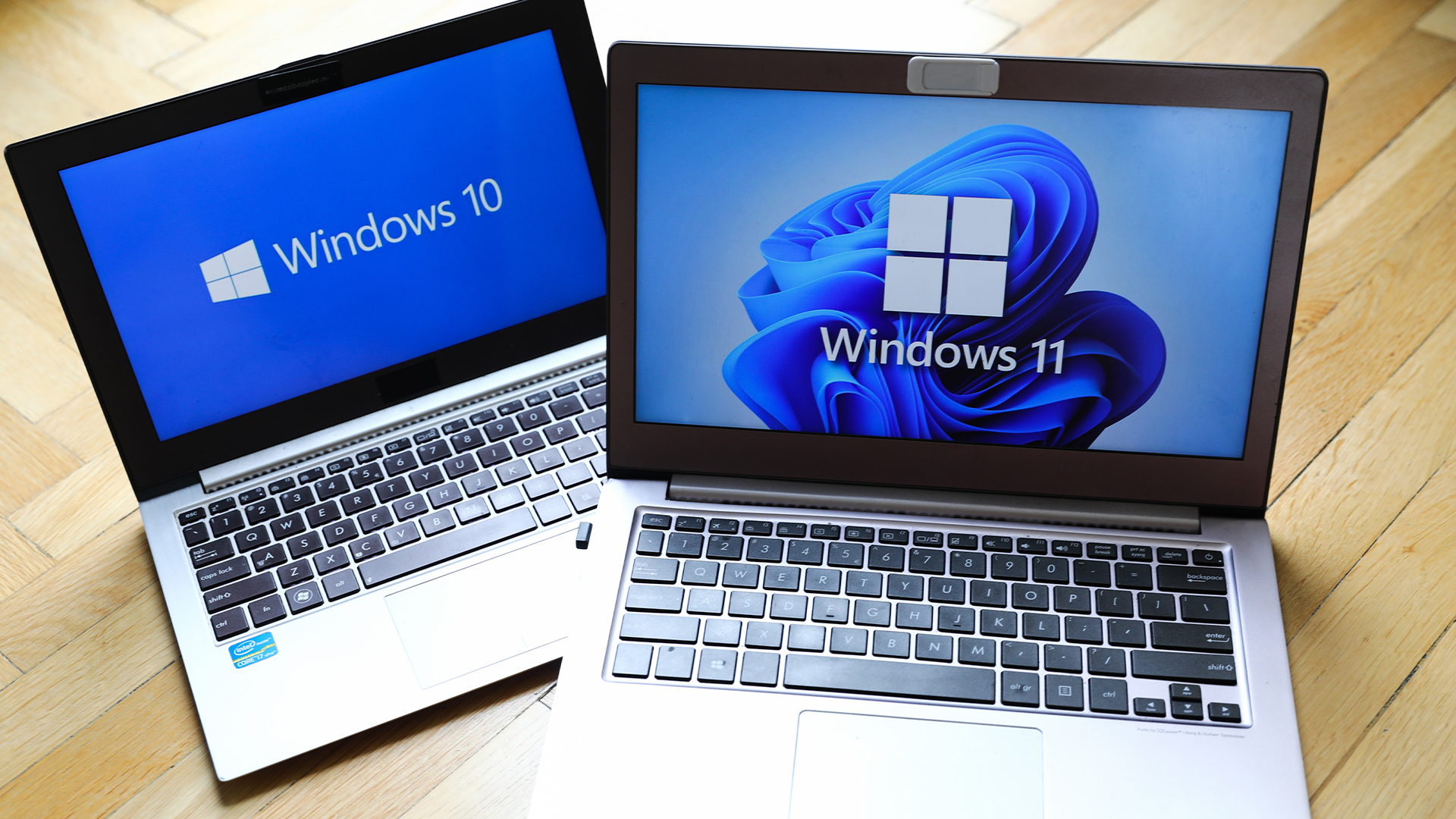 Windows 10 end of life could create a major e-waste problem
Windows 10 end of life could create a major e-waste problemNews The study marks the latest Windows 10 end of life e-waste warning
-
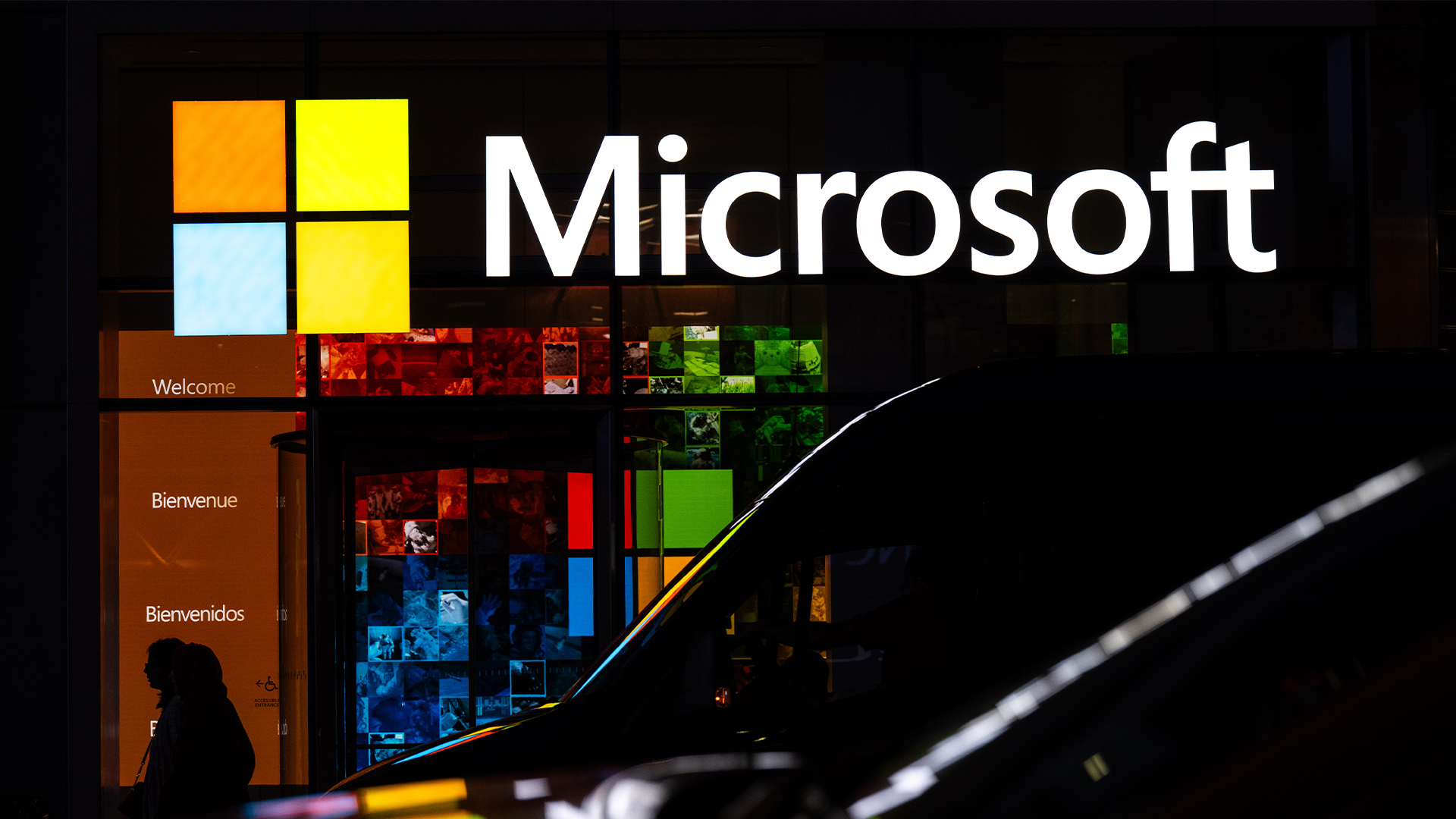 US Senator calls for Microsoft FTC probe over ‘gross cybersecurity negligence’ – Ron Wyden claims the tech giant has provided ‘dangerous, insecure software’ to the US government
US Senator calls for Microsoft FTC probe over ‘gross cybersecurity negligence’ – Ron Wyden claims the tech giant has provided ‘dangerous, insecure software’ to the US governmentNews Ron Wyden, a Democratic senator from Oregon, has written to the chair of the FTC calling for an investigation into Microsoft's cyber practices.

